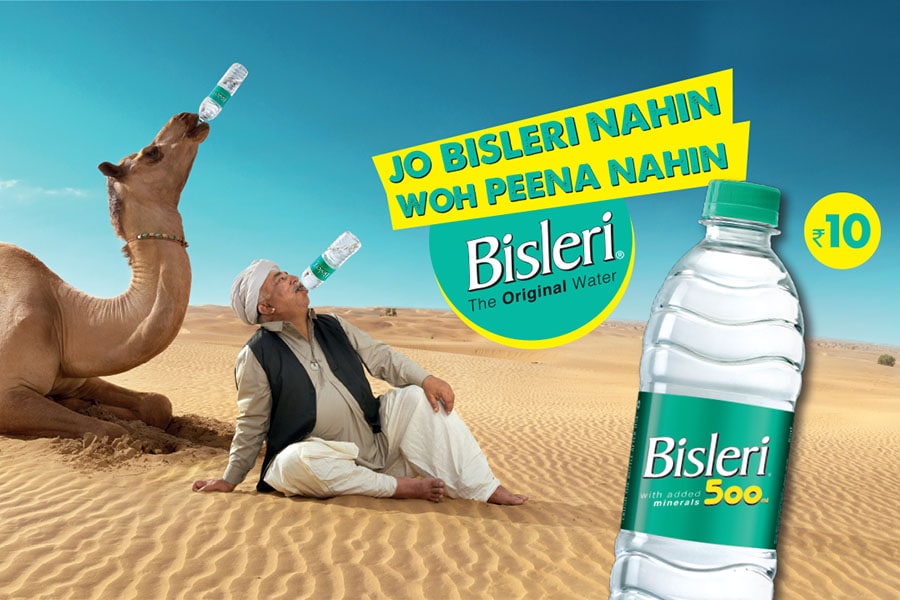
Belsri, Bislleri, Bilseri, Bisleri, Brislei
The new buyer of Bisleri will have to deal with the menace of fakes in the market
 Now with the Tatas in talks to buy Bisleri, the problem of fakes will be one of the biggest challenges.
Now with the Tatas in talks to buy Bisleri, the problem of fakes will be one of the biggest challenges.
Ramesh Chauhan lives up to his reputation of not mincing words. “No, the news of the Bisleri sellout is not real,” says the veteran industrialist in an exclusive interaction with Forbes India. “I haven’t sold the brand yet. I am in talks with the Tatas. The deal will conclude in six to seven months,” he adds, admitting that the brand would soon find a new home and a buyer.
The new buyer, though, will also get to inherit something unwanted. “Wo toh hota hi hai (That always happens),” he says, alluding to the menace of fakes. “You have to accept it,” says the man behind the iconic brands such as Bisleri and Thums Up. Though the problem of fakes affects any brand which is synonymous with the category—Maggi too has its fair share of clones and fakes—Bisleri has a unique problem.
Let’s start with the pinned tweet on the official handle of Bisleri—BisleriZone. The tweet is not about water. It’s not even about over 6,500 tonnes of plastic that the brand has reportedly collected and recycled under its ‘Bottles for Change’ initiative, a consumer awareness programme that educates people to clean and segregate all kinds of plastic. The top message on the Twitter handle is about fake job postings. “Caution,” reads the message. All communications related to employment at @BisleriZone are issued by authorised officials of human resource department from the official email id @bisleri.co.in.








